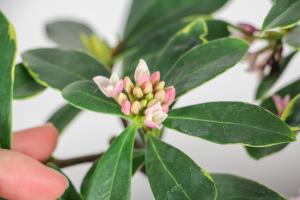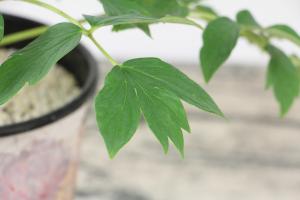Can You Plant Trees on Farmland in Maryland?
Many farmers in Maryland are looking for ways to diversify their income and protect their land. One option that has gained popularity in recent years is planting trees on farmland. But is it legal to do so in Maryland, and if so, what are the rules and regulations? Let's explore this topic further.
Regulations on Planting Trees on Farmland in Maryland
In Maryland, the Department of Natural Resources (DNR) is responsible for regulating the planting of trees on farmland. The agency offers several programs to encourage farmers to plant trees, including the Streamside Forest Buffer program, the Rural Legacy program, and the Forest Conservation program.
Under these programs, farmers can receive technical assistance and financial incentives to plant trees on their land. However, there are specific rules and regulations they must follow to participate in these programs. For example, the trees must be planted according to certain design specifications and maintained for a specific period of time.
The Benefits of Planting Trees on Farmland
Planting trees on farmland has several benefits for both farmers and the environment. For farmers, it can provide an additional source of income through the sale of timber or carbon credits. It can also help to stabilize margins and promote sustainable land use practices.
For the environment, planting trees on farmland can have a significant impact on reducing soil erosion and preventing water pollution. Trees can also provide habitat for wildlife and help to combat climate change by absorbing carbon dioxide from the atmosphere.
Challenges of Planting Trees on Farmland
While there are many benefits to planting trees on farmland, there are also challenges that farmers must consider. One of the biggest challenges is the amount of time it takes for trees to mature and provide a return on investment. This can be more challenging for small farmers who need a more immediate source of income.
Additionally, trees can compete with crops for nutrients and moisture, which can reduce crop yields. Farmers must carefully consider the type of trees they plant and their location on the farm to minimize these impacts.
Conclusion
Planting trees on farmland in Maryland is a viable option for farmers looking to diversify their income and promote sustainable land use practices. However, it is important to follow the rules and regulations set forth by the Department of Natural Resources and carefully consider the benefits and challenges before moving forward with planting trees on your farm. With careful planning and management, planting trees on farmland can provide a long-term benefit for both farmers and the environment.

 how many times do yo...
how many times do yo... how many planted tre...
how many planted tre... how many pine trees ...
how many pine trees ... how many pecan trees...
how many pecan trees... how many plants comp...
how many plants comp... how many plants can ...
how many plants can ... how many plants and ...
how many plants and ... how many pepper plan...
how many pepper plan...
































